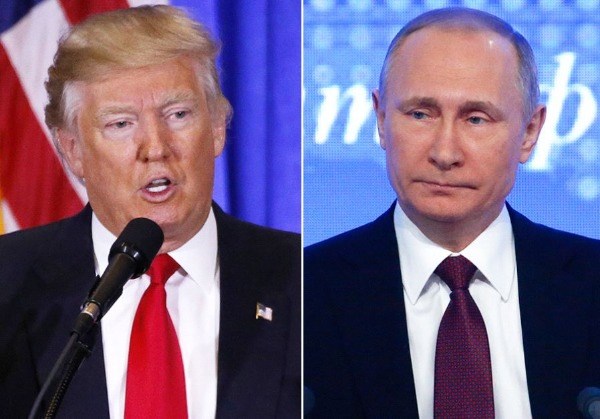Potential Trump-Putin deal on Nord Stream 2 raises concerns in Berlin
Reports are surfacing of behind-the-scenes negotiations between the Americans and Russians discussing the potential reactivation of the Nord Stream 2 gas pipeline as part of a ceasefire agreement in Ukraine. Russian Foreign Minister Sergey Lavrov confirmed this development, hinting at an opportunity for American investors to acquire and utilize Nord Stream 2 to send Russian gas, previously purchased, back into Europe.
“A good development, not a bad one,” said one acquaintance, suggesting that cheaper gas could be back on the horizon. The drastic increase in heating costs post the Russian invasion of Ukraine has been a bitter pill for many Germans, viewed as a wartime burden. However, could the recommencement of gas deliveries be a ceasefire dividend?
These developments underline a rapidly shifting geostrategic landscape. Back in 2019, then-President Donald Trump imposed sanctions on Germany over Nord Stream 2, but now he seeks its operation.
In Berlin, tensions are high, communication channels are buzzing, with support found even within the conservative CDU/CSU bloc. Post-war discussions of Russian gas reemerge, positioning Russia as a key supplier once again.
Saxony’s Prime Minister Michael Kretschmer of the CDU goes a step further, criticising strict sanctions on Russia as outdated. Defense expert Roderich Kiesewetter, however, opposes this view, pushing to exclude pro-Russia tendencies from coalition agreements. Key figures like Friedrich Merz and Lars Klingbeil continue to debate this issue.
Meanwhile, Germany's Greens voice concerns over a “new connection to Moscow” forming in Berlin. Yet, former Chancellor Olaf Scholz’s spokesperson reassured the nation of Germany's strategic commitment to independence from Russian gas.
Two scenarios potentially threaten this stance: Firstly, an agreement between Trump and Putin that excludes Berlin’s input could corner Germany into unwilling cooperation.
Secondly, the far-right AfD could push for pipeline reactivation, challenging future Chancellor Friedrich Merz to respond.
Movement abounds, with outcomes unclear. With Trump's focus on concluding the Ukraine conflict potentially leading to Putin-driven economic compromises, the art of diplomacy is at the fore. Despite Putin's steadfast strategic goals, expected pressure on Trump remains high.
Tension heightened between the U.S. and Russia recently when Trump responded heatedly to Putin's call for temporary UN governance in Ukraine and swift elections. His anger hinted at possible new sanctions against Russia, while Trump looks to smooth relations, with another call planned soon.
